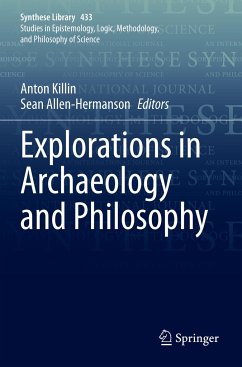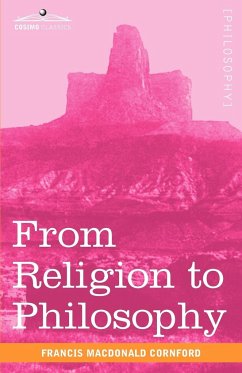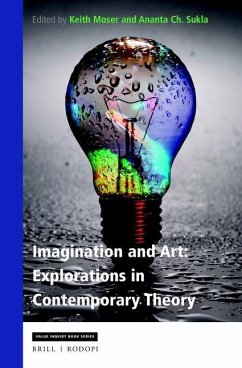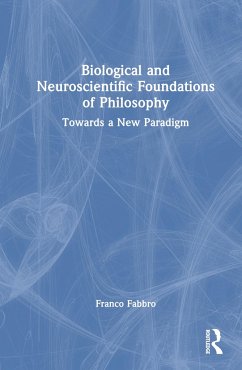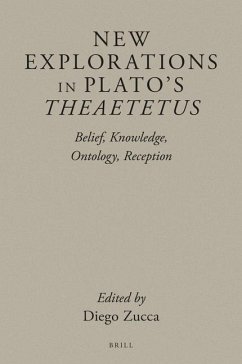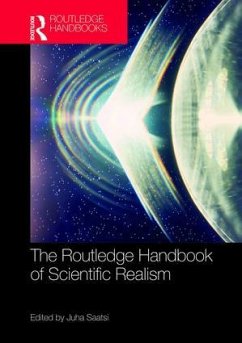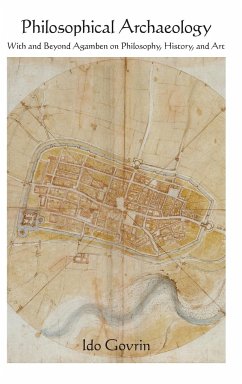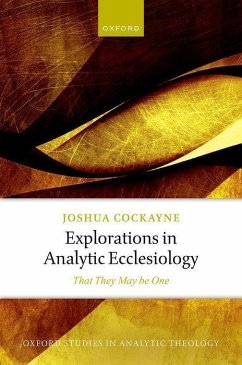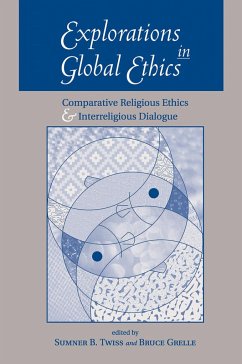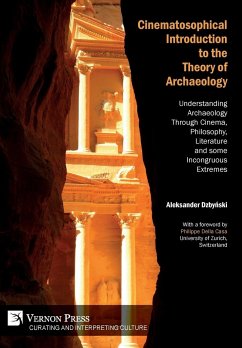
Explorations in Archaeology and Philosophy

PAYBACK Punkte
38 °P sammeln!
This volume explores various themes at the intersection of archaeology and philosophy: inference and theory; interdisciplinary connections; cognition, language and normativity; and ethical issues. Showcasing this heterogeneity, its scope ranges from the method of analogical inference to the evolution of the human mind; from conceptual issues in assessing the health of past populations to the ethics of cultural heritage tourism. It probes the archaeological record for evidence of numeracy, curiosity and creativity, and social complexity. Its contributors comprise an interdisciplinary cluster of...
This volume explores various themes at the intersection of archaeology and philosophy: inference and theory; interdisciplinary connections; cognition, language and normativity; and ethical issues. Showcasing this heterogeneity, its scope ranges from the method of analogical inference to the evolution of the human mind; from conceptual issues in assessing the health of past populations to the ethics of cultural heritage tourism. It probes the archaeological record for evidence of numeracy, curiosity and creativity, and social complexity. Its contributors comprise an interdisciplinary cluster of philosophers, archaeologists, anthropologists, and psychologists, from a variety of career stages, of whom many are leading experts in their fields.
Chapter 3 is available open access under a Creative Commons Attribution 4.0 International License via link.springer.com.
Chapter 3 is available open access under a Creative Commons Attribution 4.0 International License via link.springer.com.



